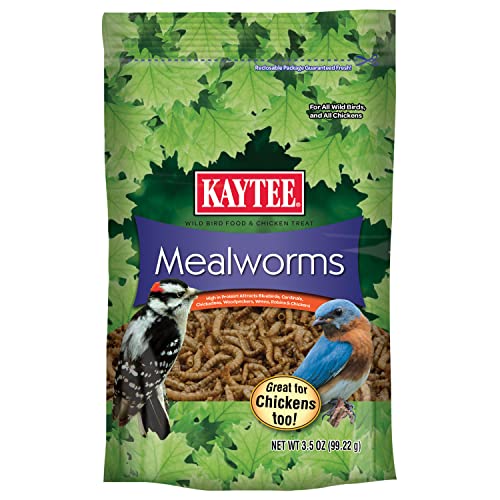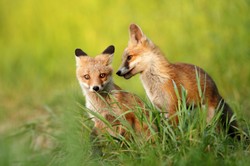Humans have an innate moral sense, while in some people it is suppressed by poor upbringing or desensitized by a corrupt lifestyle, we generally have a feeling when something wrong has occurred, and this is the case with the shooting of the Zimbabwean lion, Cecil. The hunter states that he did not know the full facts of the case before shooting, and I will pass no comment on the truth or otherwise of this assertion, but it is clear that his guides did know. So what tells us that what happened was wrong?
Let's take the case of a stone age hunter gatherer, and there are still people who follow this lifestyle today, though they are few in number.He went and killed for meat without which he and his family would perish. But the hunter used as much of the animal as possible, so none was wasted. The bones were for tools, the skin for clothes, and the sinews were for twine. Moreover, the hunters revered the animals that they slew, and they honoured their spirits. The cave paintings of Europe show celebrations of the hunt, a cultus that continued over thousands of years. Who can say that these people were wrong? Theirs was a good reason to hunt and kill, it was integral to the cycle of life and death that characterizes nature, of which we are all part.
Now take Cecil's case. He was shot by a man who did not need his meat for food, a dentist rich enough to pay thousands for the dubious honour of killing a lion, but merely wanted the excitement and the trophy that could be gained, so Cecil's body was left to rot. The life of any creature is a very precious thing, not to be wasted. Sometimes we must kill, but killing for pleasure of any kind is absolutely immoral, for a life lived is more precious than a life ended. There must be a good reason to kill, and pleasure is a triviality compared to the value of life. A living creature is a source of joy, certainly to many in this case who respected, even loved, the lion.
Worse, the killing was slow, as it was done with an unsuitable weapon, a crossbow. This is a very accurate weapon, but its impact is not as great as that of a bullet, so the death is slow and painful. Cecil needed to be tracked through fourteen hours of pain before a rifle bullet finished him off. If you must kill an animal, do it quickly and as painlessly as possible.
To kill for a trophy is an abomination. To have pride in killing is to boost the ego, the false self that swells as another is diminished. and what is more diminishing to the other than death, and that is the ultimate ego-swelling act, and a grave act of selfishness. The lion's head mounted on the wall of such a killer should not be a source of pride, but should stand to condemn him for his pointless slaying.










 Pilgrimage. A review16 days ago
Pilgrimage. A review16 days ago
 Leo the Fourteenthon 05/09/2025
Leo the Fourteenthon 05/09/2025
 The Melsonby Hoardon 03/25/2025
The Melsonby Hoardon 03/25/2025



Comments
Thanks for this information.
Online sources indicate that Cecil the Lion was named for Cape Colony Prime Minister (July 17, 1890-Jan. 12, 1896) Cecil John Rhodes (July 5, 1853-March 26, 1902).
The story of Cecil is so tragic.
Might it be known why he had the name Cecil?
Weeding by hand or using natural predators.
The next-to-last sentence to your last subheading, A Set of Rules, notes that "I personally will not kill an insect without good reason, but I kill some insects and slugs to protect my crops."
What is your preferred "weapon" when you must do crop control?
Thanks Katie, I always appreciate your comments.
We are all so different. I have always, since a small child, felt the killing of any animal for food or not is horrific. I have a very deep connection to animals, and coil at the thought or knowledge of harm. Great piece, glad to have found it.
I am in agreement with what you have said. Personally, I would seek a use even for the antlers, as I believe that you should always use as much of the animal as possible and never waste. Some artists or crafts people can find a use for them. I was completely horrified by the big game hunter who paid to shoot the largest elephant in an African reserve. This was a mere ego boosting exercise and therefore gravely immoral.
Excellent discussion of the ethics of hunting. Where I live we have a large deer population, and accidents between deer and our vehicles are common. So we have a (short) hunting season without which I am sure we'd have far too many deer and even more accidents! It seems that we removed the natural predators of the deer, namely wolves. The result seems to be that we are now responsible to keep the deer population in check - by hunting. I've no desire to hunt, but I don't mind if others hunt responsibly and eat, or sell, the meat. And as far as I am concerned they can even hang the antlers on their wall if that makes them feel good (as long as the kill was humane and the meat eaten). But killing endangered species (big cats etc) for fun is quite a different story.
This problem occurs with foraging as well, for several mushroom species in Britain are under threat.